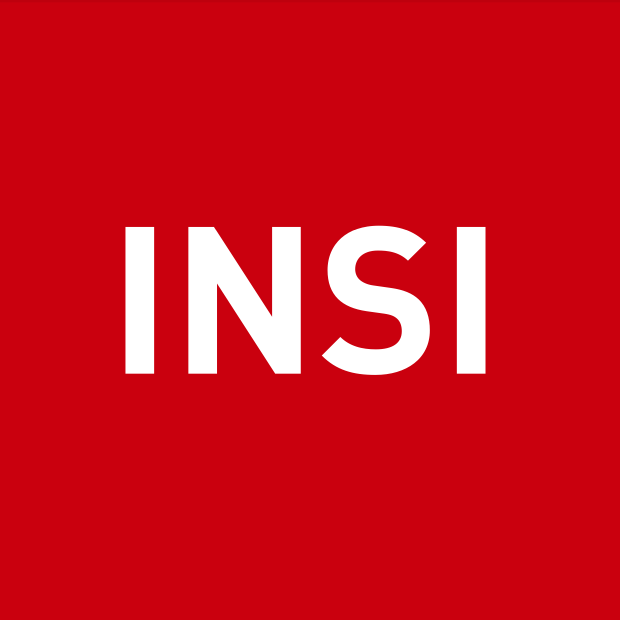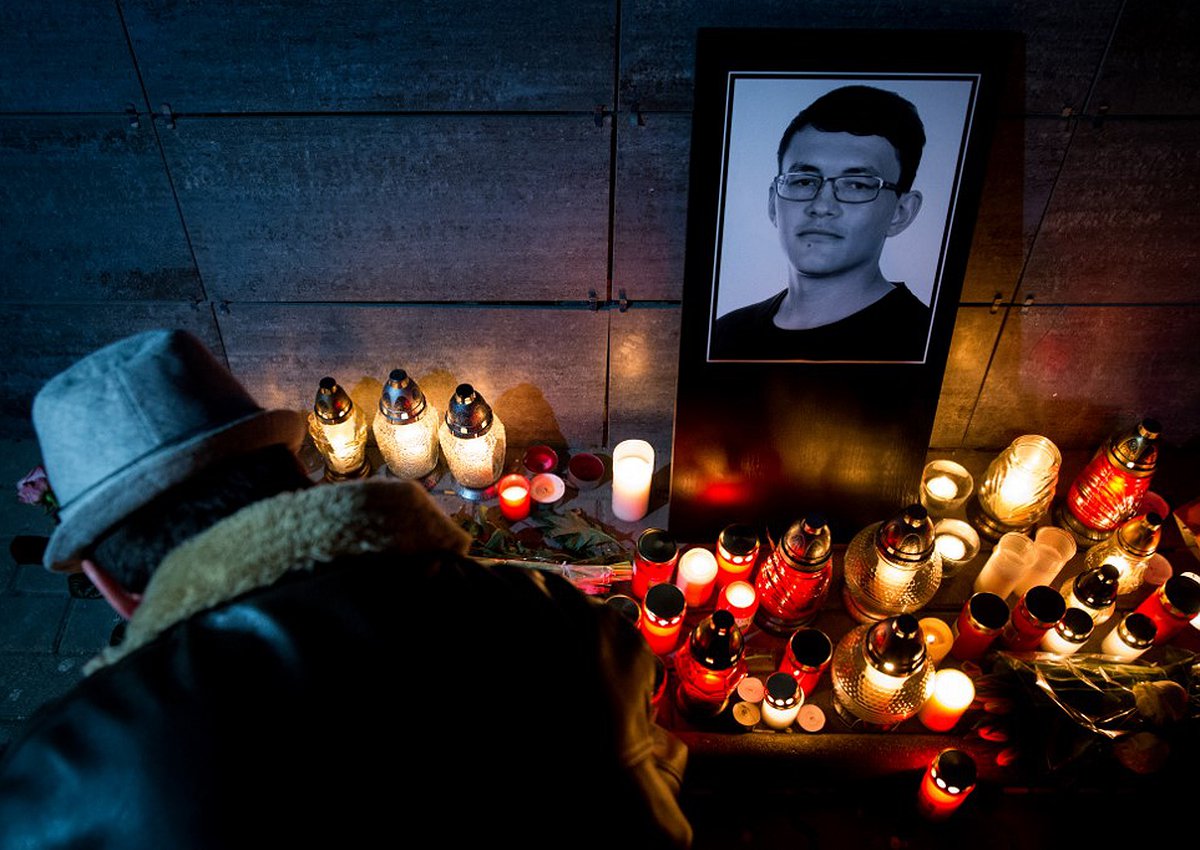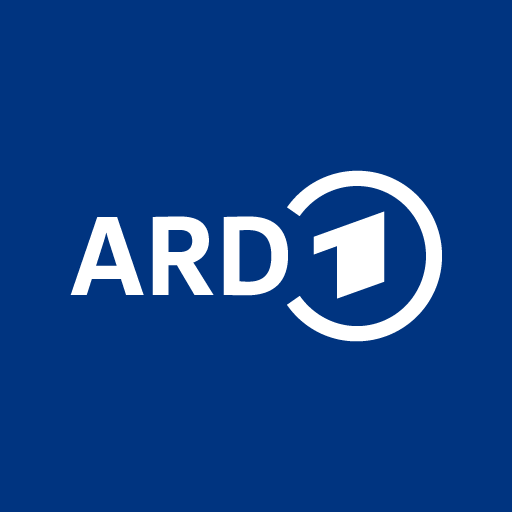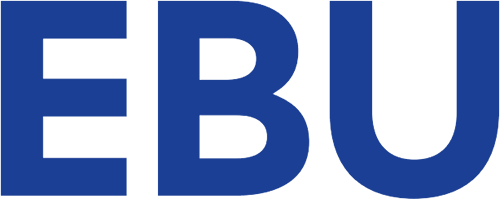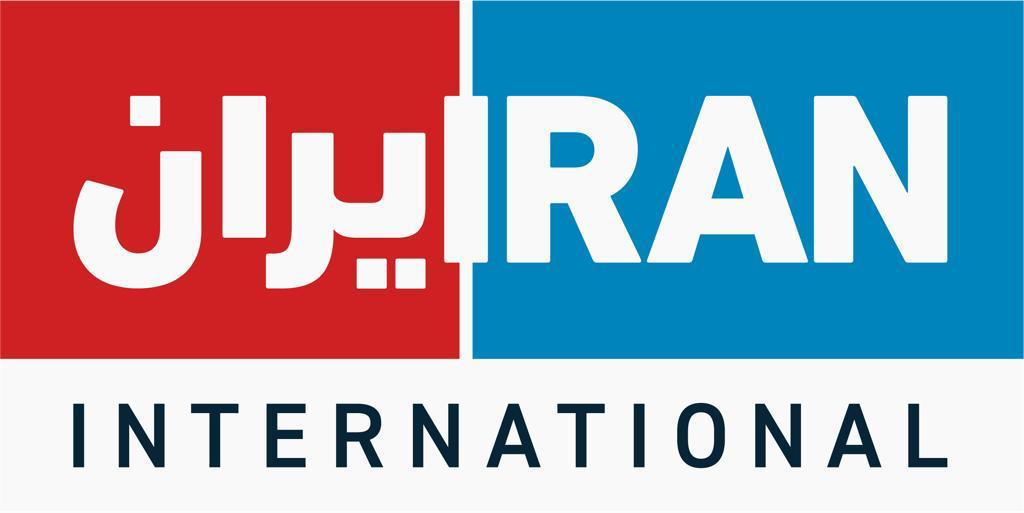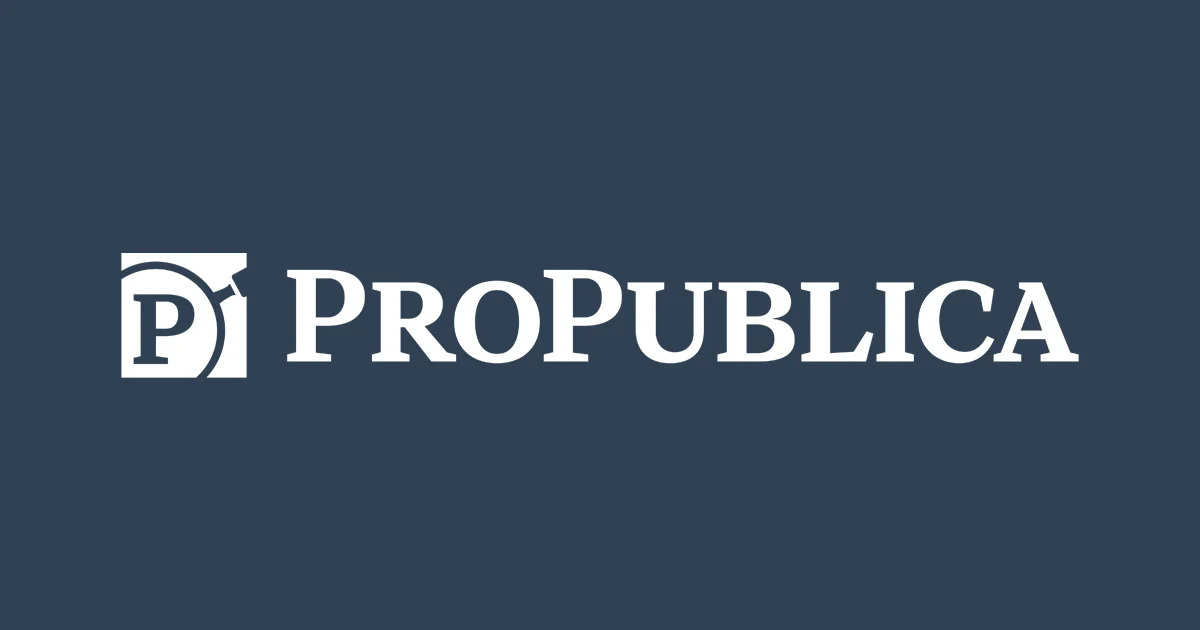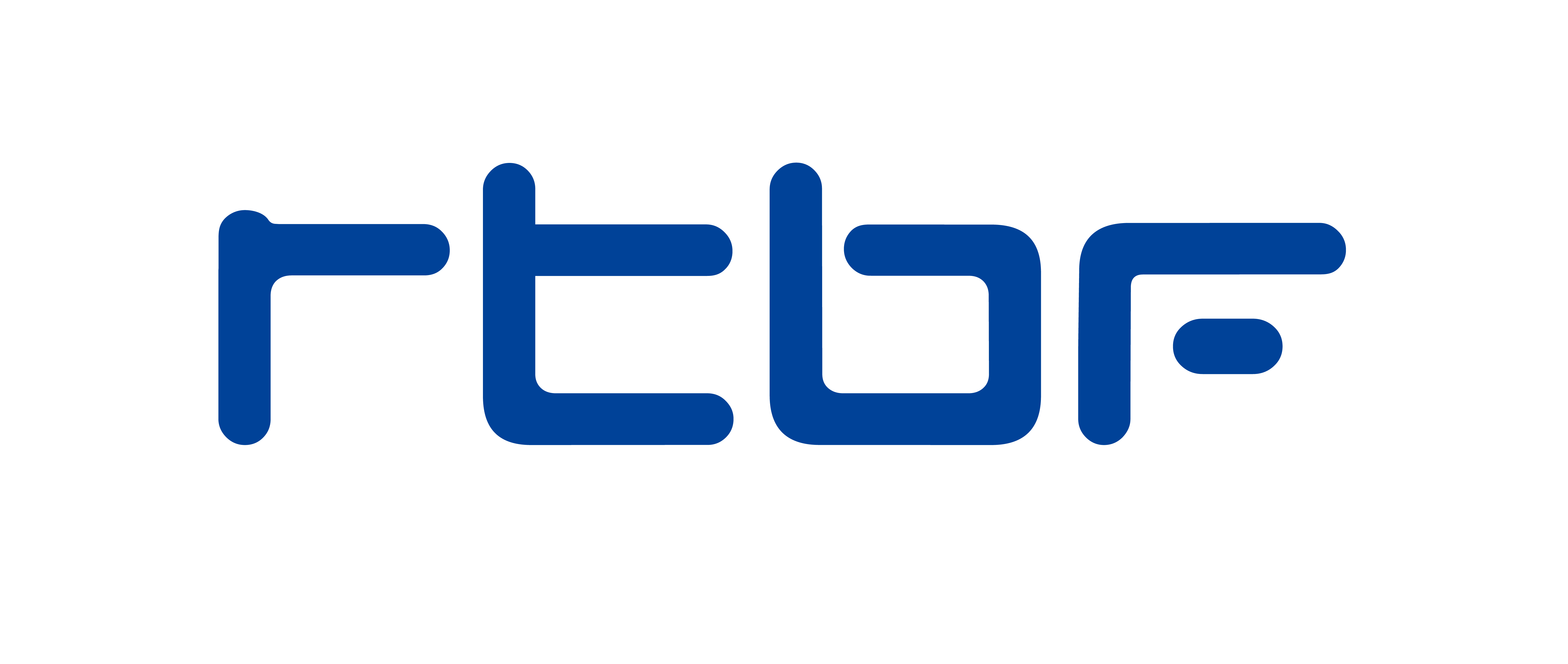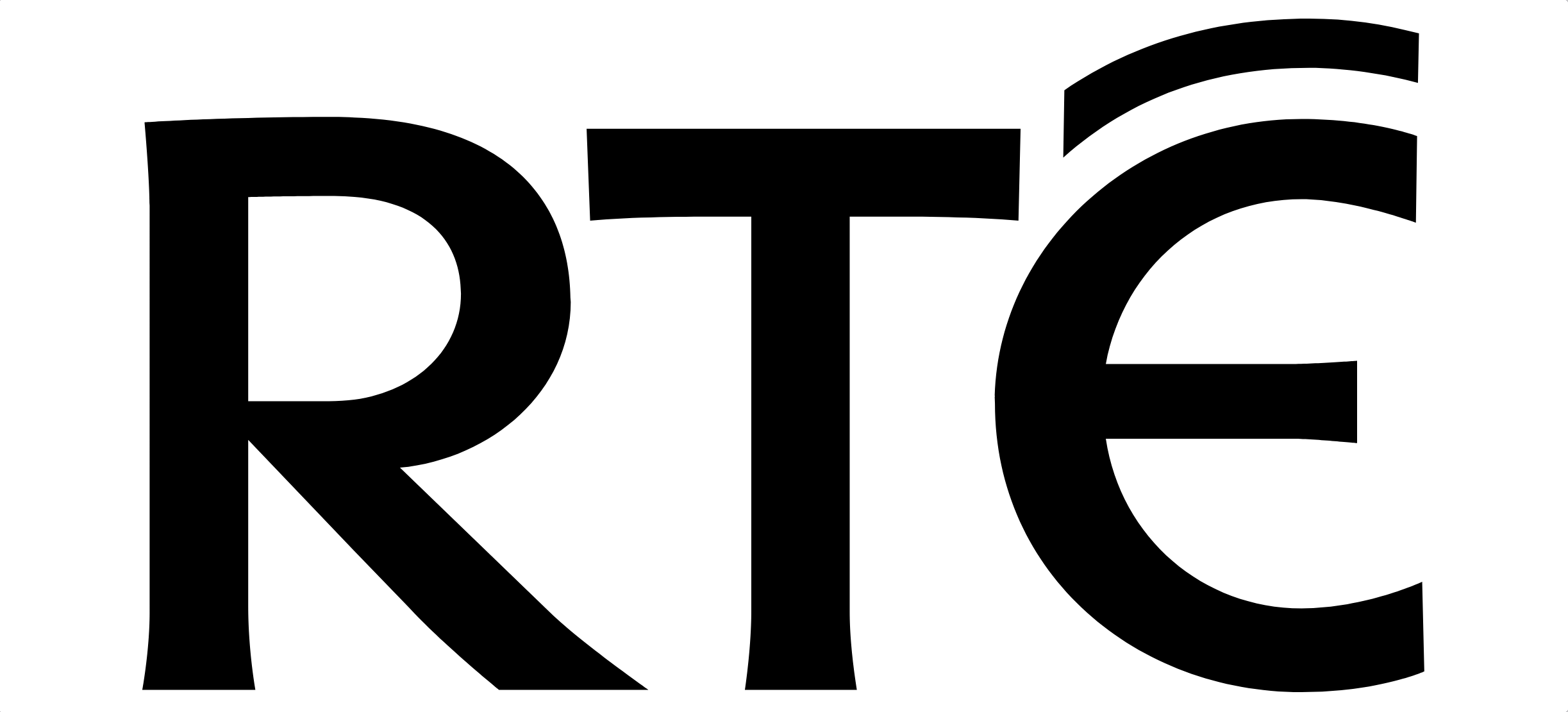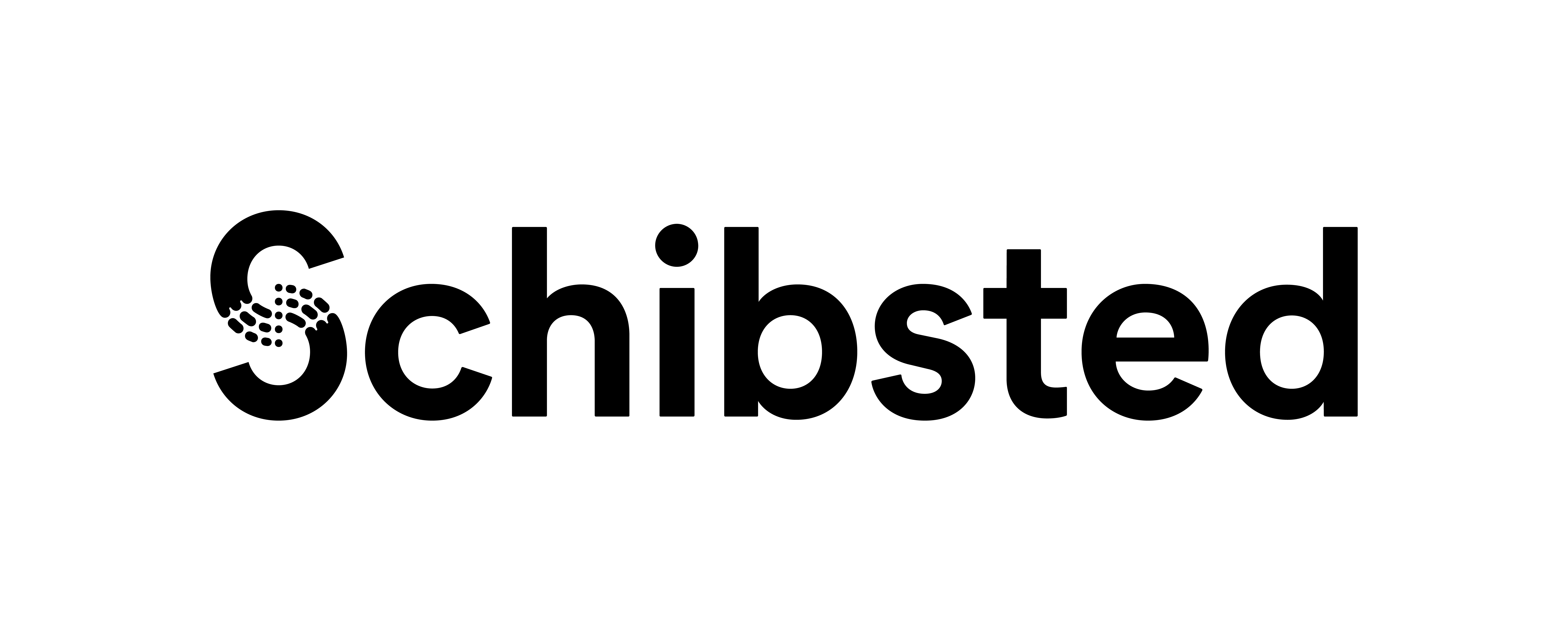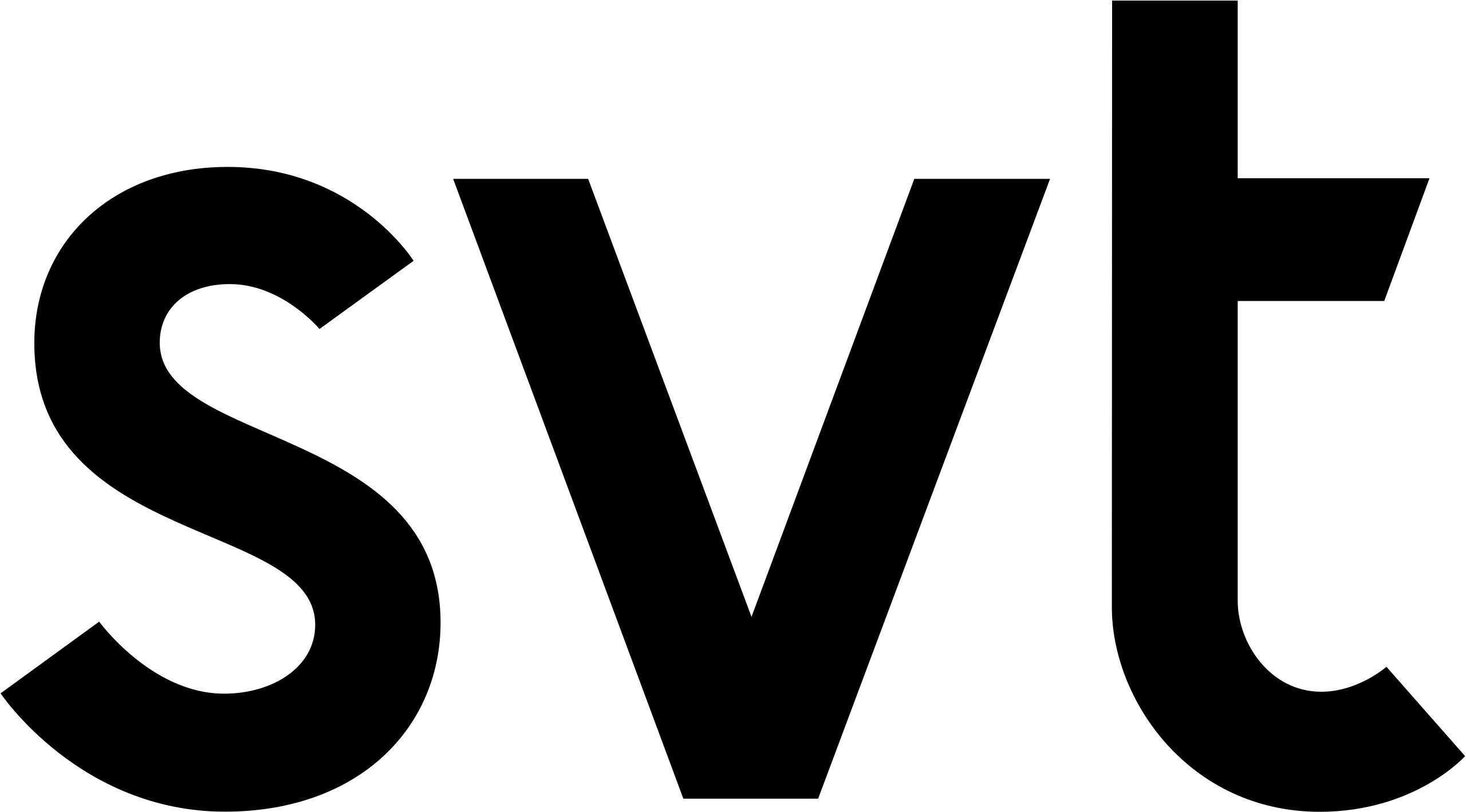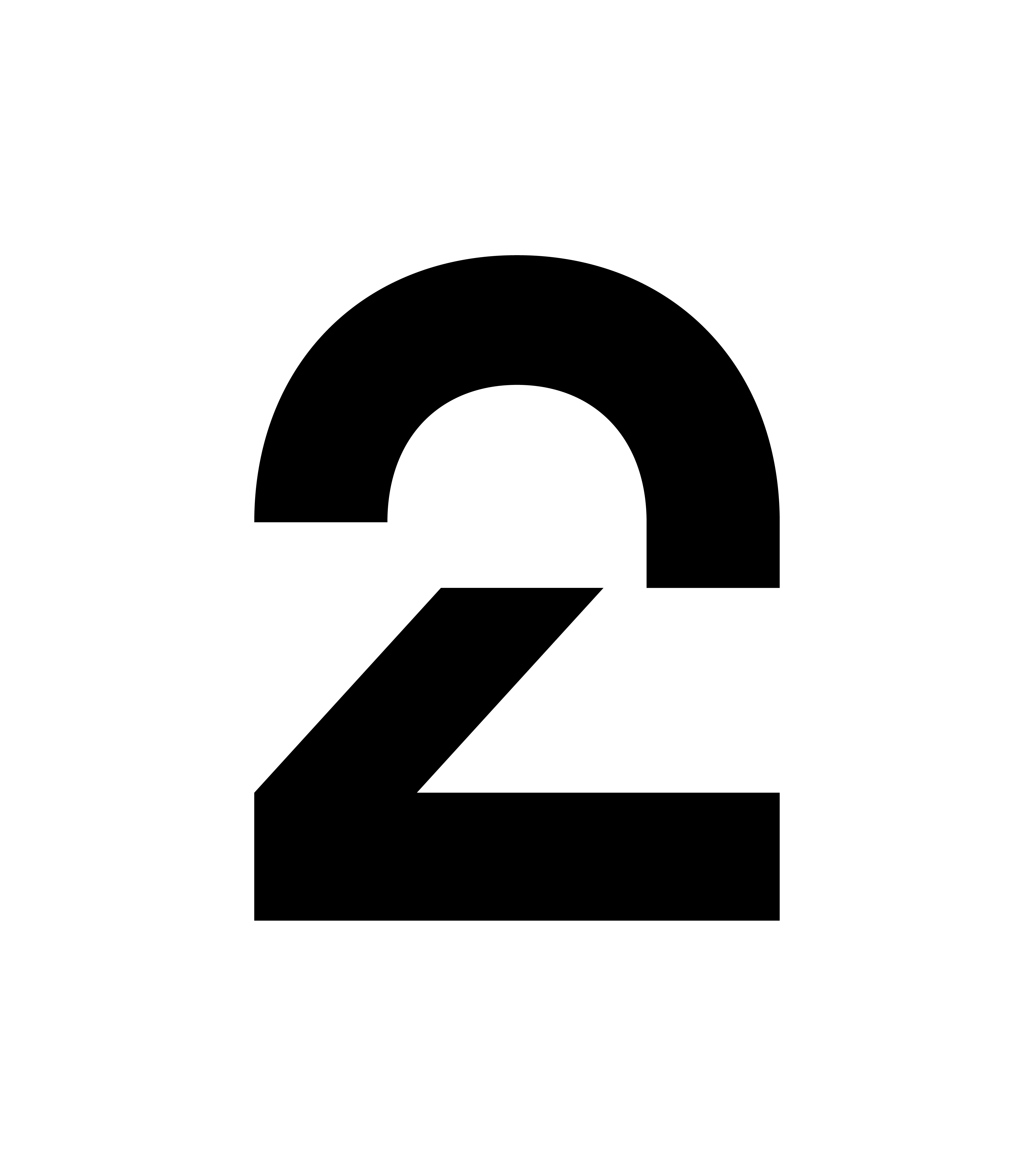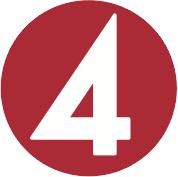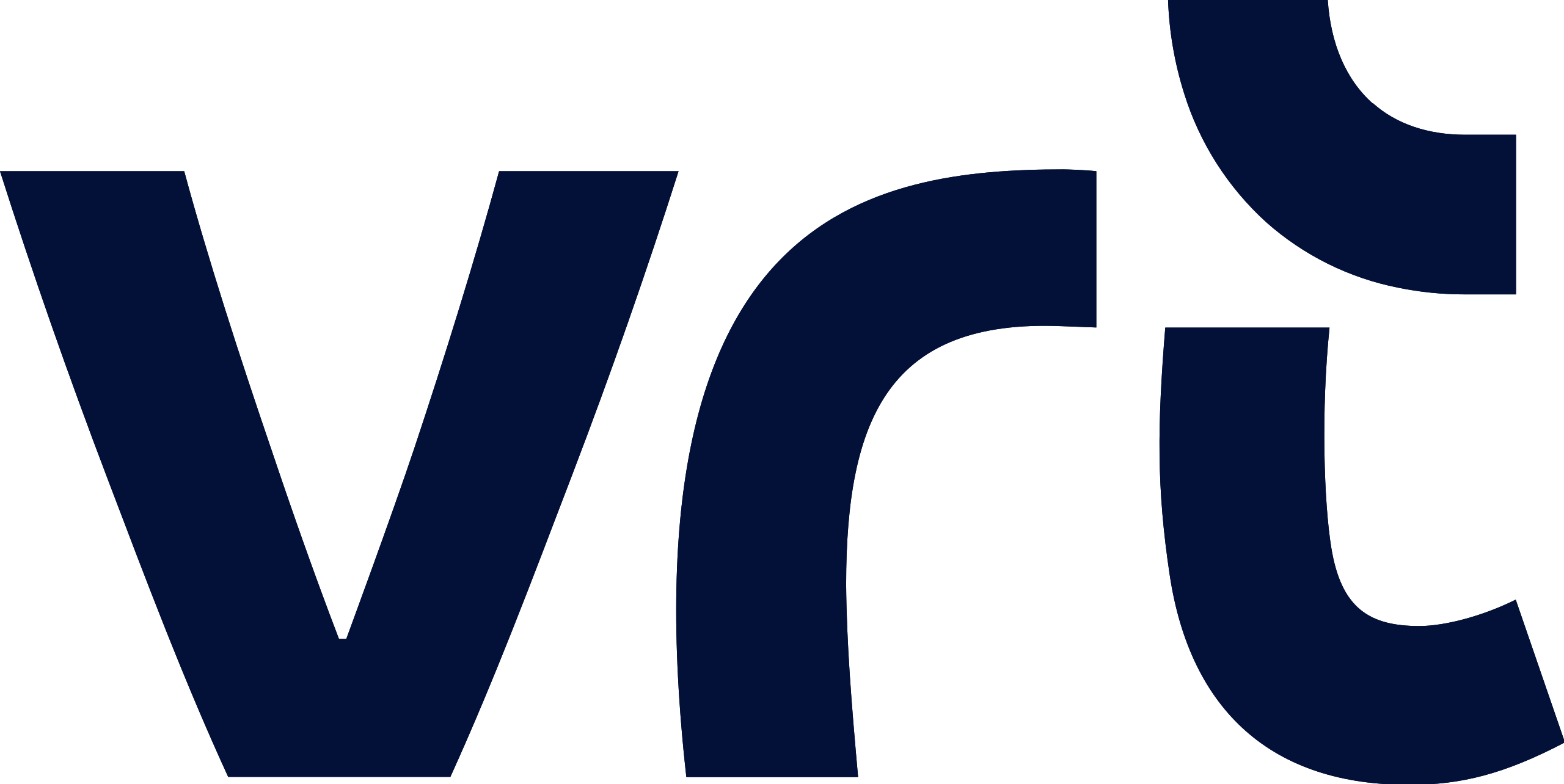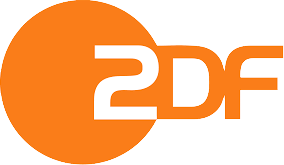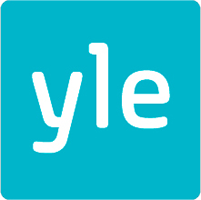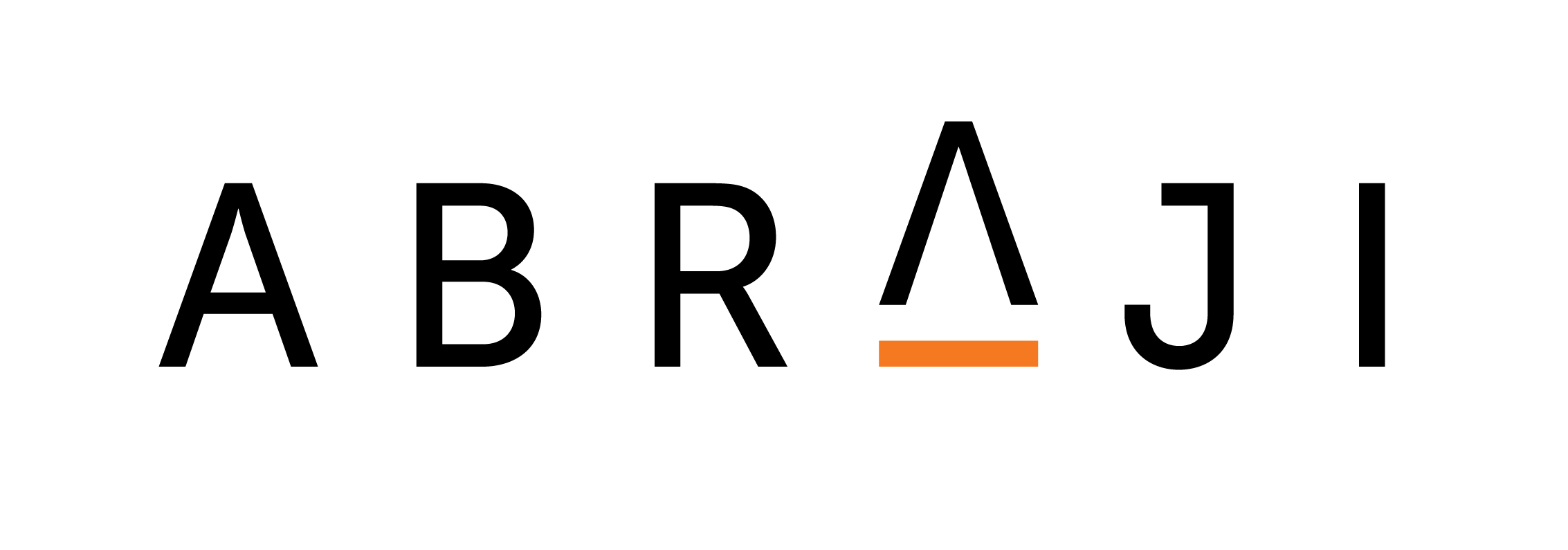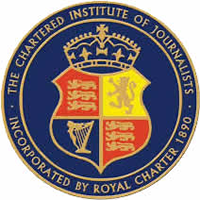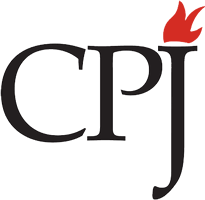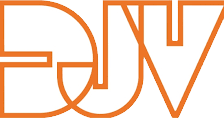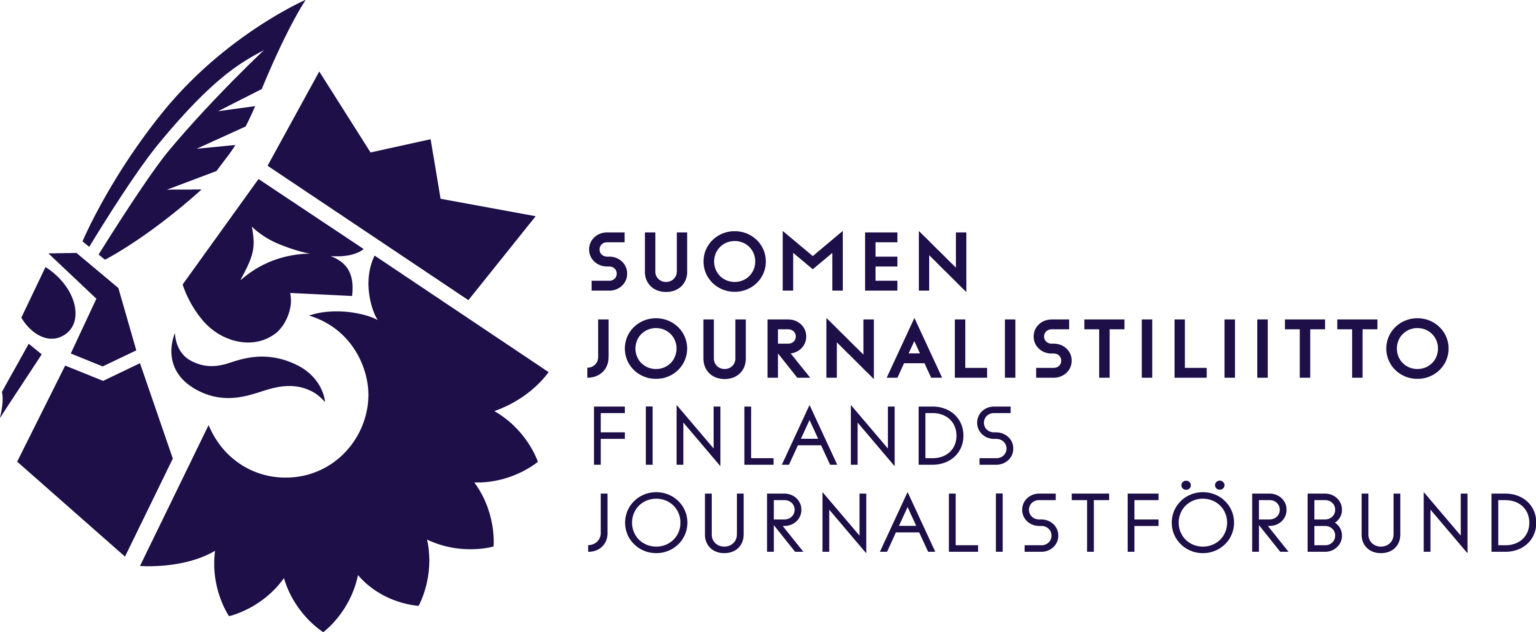Having free access to information and allowing all voices to be heard – or not. That’s what freedom of speech and freedom of the press are ultimately about. And that is why we must all cherish and defend free journalism, particularly in uncertain times when it increasingly comes under fire.
On 3 May we observe World Press Freedom Day, this year with an emphasis on freedom of the press as a basic prerequisite for other human rights. The situation is urgent, particularly when democracy as a form of government is being challenged in more and more places around the world. According to the University of Gothenburg’s Varieties of Democracy Institute, the number of democracies in the world has shrunk to 1986 levels, and freedom of the press is often the first victim when a democracy crumbles.
We see this clearly in the wake of Putin’s invasion of Ukraine. Independent media in Russia has been censored, blocked and dismantled. Individual journalists have been punished – in March the US journalist Evan Gershkovich from the Wall Street Journal was arrested and imprisoned in Yekaterinburg on charges of espionage. Russian forces have taken control of the flow of information and the Russian population is paying the price.
But there are trends that worry me even in Sweden. The University of Gothenburg’s SOM survey indicates that a majority of the Swedish population is prepared to make temporary restrictions to democracy to resolve urgent issues such as environmental and climate crises, pandemics, financial crises and crime. The war in Ukraine has shaken people and, together with the coronavirus pandemic, impacted how we see the world.
But in times of crisis and unrest, it is particularly important to remember how crucial access to free, credible information actually is. In Sweden we have a long, strong tradition of freedom of the press, but this is not the case in many countries. We must never therefore take freedom of the press for granted. The demand for free reporting is strong. At Swedish Radio we saw that clearly when Russia invaded Ukraine in February last year – as many as a half-million completely new listeners sought out our live reporting. That’s in a country of just 10 million.
In connection with this year’s World Press Freedom Day, I am travelling to Austria, the Czech Republic and Slovakia to meet with the Swedish Embassies in a joint initiative to shine a spotlight on the immense importance of the freedom of independent media and the safety of journalists.
More than five years have passed since Slovakian journalist Ján Kuciak, who investigated corruption and tax evasion, was murdered together with his fiancée Martina Kušnírová. The evidence pointed to a well-known businessman with ties to the ruling elite in the country. The killing sparked major protests, with fed-up Slovaks filling the streets and squares. Top politicians, judges and police chiefs had to leave their posts as a result.
The Slovakian people’s protests confirmed something meaningful: we must all be the guardians of freedom of the press. A journalist does not just represent themselves, but all of us. Journalists ask the uncomfortable questions, scrutinises power and highlights the voices that otherwise might not be heard.
In closing, I would like to quote the American historian Timothy Snyder, when he attended the Swedish Academy conference on freedom of speech and democracy earlier this spring. He was asked why freedom of speech should not be restricted, for example by making lies punishable.
“It is not the lies of the powerful that are in danger. It is those who lack power, whose truth is in danger.”
That’s something to think about on World Press Freedom Day.
Cilla Benkö is an INSI board member and the director general of Swedish Radio. This article was previously published in the Swedish newspaper Expressen.
Photo © VLADIMIR SIMICEK / AFP: A man lights a candle in front of the Aktuality newsroom, the employer of the murdered investigative journalist Jan Kuciak, on February 26, 2018 in Bratislava.
